Dry Eyelids: Causes, Symptoms, And Treatment
Investing in an eye cream is the solution to protect your eyes from the dry weather.
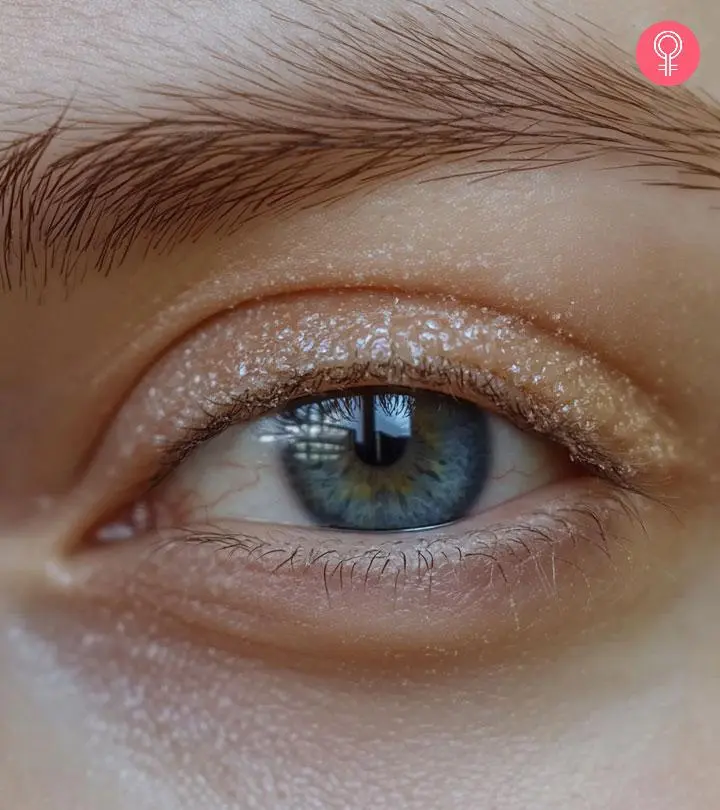
Image: Midjourney/ StyleCraze Design Team
Dry eyelids are constantly marred by itching and skin peeling, especially during winters. However, you can get dry eyelids due to many other reasons as well. From aging to environmental factors, there are several causes for dry skin on eyelids. Though it is not a serious issue, it can lead to infections and other complications if left untreated.
Is your dry eyelid skin peeling off and losing its texture? Are you looking for ways to manage this issue? Well, you have come to the right place. This article will help you find out why you have a dry eyelid, the symptoms, and how to treat it before it becomes infected. Keep reading to know more!
In This Article
What Are Dry Eyelids?
The eyelid skin is thinner than the skin on the other parts of your body. Also, there are many blood vessels around the eye. These factors make your eyelids more susceptible to irritation and other skin conditions. Dry eyelids may lead to the cracking of delicate skin or extreme flakiness.
You may get dry eyelids due to many reasons, such as environmental factors or common skin conditions. Read on to learn more about what causes dry eyelids.
Key Takeaways
- Dry eyelids cause redness and flakiness on the eyelids due to allergens or the weather.
- Maintaining eyelid hygiene and using products suitable for your skin can prevent dry eyelids.
- Home remedies and over-the-counter medications such as Vaseline and Desitin cream can help moisturize dry eyelids.
- If the condition persists, consult a doctor to avoid infection and scarring.
Causes Of Dry Eyelids
According to Dr. Norman Shedlo, an experienced optometristi Optometrists carry out vision tests and eye exams, recommend corrective lenses, spot abnormalities, and handle routine eye care. , everything from aging to allergens can cause dry eyelids. He says, “The most common causes of dry eyelids are dry and cold weather, certain skin care products, environmental allergens, contact dermatitis, and excessive eye rubbing.”
- Aging: When you age, your skin becomes more prone to dryness. The skin’s elasticity and thickness change, and it loses its smoothness (1). As you age, the moisture is lost due to various reasons like reduced hyaluronic acidi A natural substance found in the fluids of the eyes and joints that lubricates and helps in the reduction of swelling. levels, reduced nutrient supply, etc. These factors may contribute to dry eyelids.
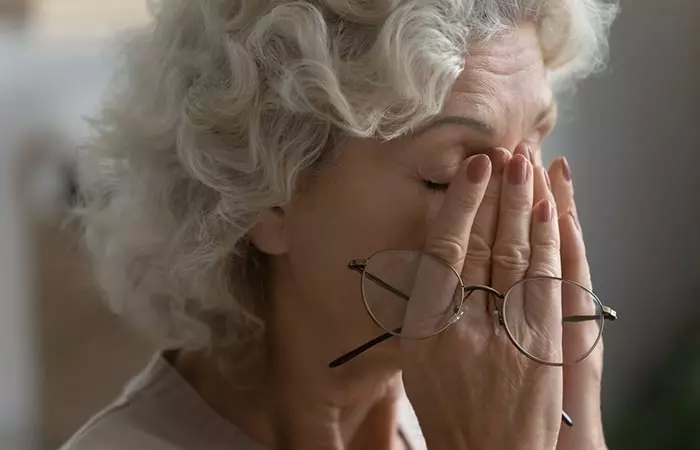
- Environmental Factors: The environment you live in can also cause dry eyelids. Dry climates and cold weather make your skin dry. They can reduce the moisture in the outer layers of the skin, leading to dryness. Rooms with low humidity can also dry out your eyelids. Washing your face with hot water also has the same effect.
 Trivia
Trivia- Contact Dermatitis: This condition is also called contact eczema. It develops when your skin comes in contact with something that causes an allergic reaction. Irritants like hair products, makeup, eyelash curlers, face washes, sunscreens, moisturizers, dust, chlorine from swimming pools, etc., can cause contact dermatitis on your eyelids. Poison ivy is considered the most common cause of allergic contact dermatitis in the United States (2).
- Atopic Dermatitis: People with atopic eczema have sensitive skin due to abnormalities in the epidermis and immune system. This leads to dry and itchy skin. Environmental factors, genetics, and food hypersensitivityi An immune system reaction that occurs after consuming a particular food that contains even a tiny amount of the allergen-causing ingredients. may cause atopic eczema (3).
- Blepharitis: This is a common eyelid inflammation caused by bacteria or other health conditions like rosacea or allergies. It usually affects both eyes. The common symptoms associated with blepharitis are burning sensation, irritation, tearing, photophobia (extreme sensitivity to light), blurred vision, and red eyes (4). Your eyelids become swollen and scaly too.
Identifying your triggers is an important step in managing dry eyelids. By pinpointing the specific factors that irritate your eyes, you can take proactive steps to avoid them and reduce the frequency of flare-ups and severity of your symptoms.
Keeping a detailed diary of your symptoms and potential irritants can be invaluable in this process. This will help you identify patterns and correlations between certain activities, environments, or products and your dry eye discomfort. Once you have identified your triggers, you can make informed decisions about lifestyle changes or product choices to minimize their impact on your eye health.
Symptoms that accompany dry eyelids vary based on the cause. Some of the common symptoms are discussed in the next section. Keep reading!
Signs And Symptoms Of Dry Eyelids
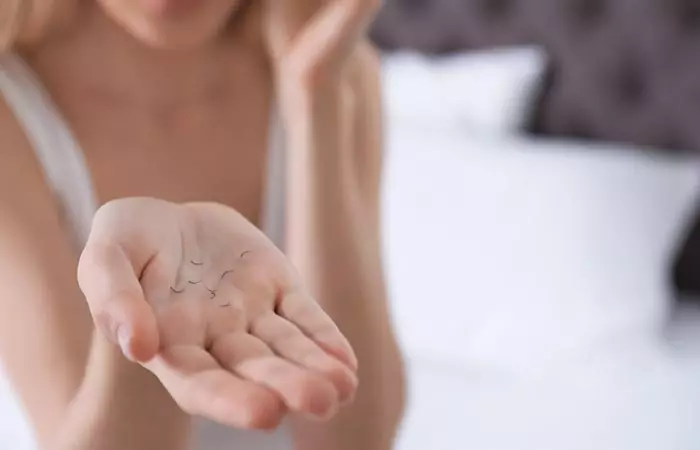
Some of the common symptoms of this skin condition include:
- Itchiness
- Flakiness
- Loss of eyelashes
- Eyelashes growing in the wrong direction
- Scaly and rough skin
- Painful burning
- Peeling
- Oozing and crust forming
- Chronic redness or inflammation around the eyelids.
These symptoms can vary in severity from mild to severe based on the underlying cause. Some people may not experience itching, and some others may experience more intense irritation. Your eyelids may also become swollen if you have dry eyelids.
If you notice any of these symptoms, seek proper treatment and manage the condition before it leads to an infection. Read on to learn how to treat it.
How To Treat Dry Eyelids
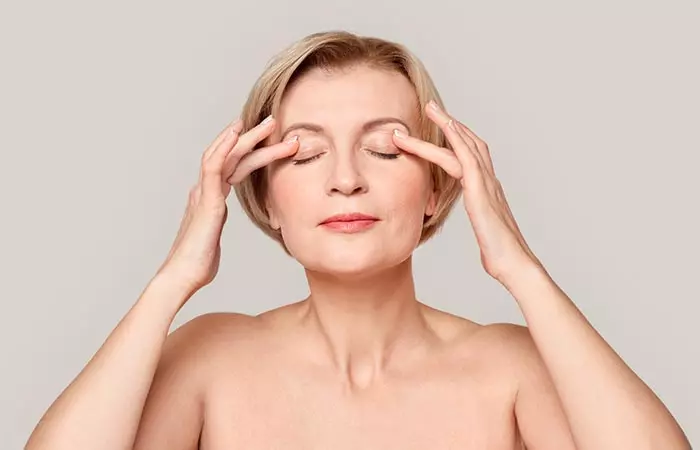
Dr. Yuna Rapoport, a board-certified ophthalmologisti A medical professional who specializes in treating eyes and vision by diagnosing and treating illnesses and complications. , says the treatment depends on the cause of dryness and symptoms. “If atopic dermatitis, you can start with over-the-counter hydrocortisone, an over-the-counter lubricating eye cream, and a prescription ointment like Tacrolimus ointment. If the cause is blepharitis, then a warm compress followed by a foam called Ocusoft is a good idea, or possibly a steroid ointment like Tobradex,” she adds.
Eyelid hygiene is one of the most important practices for managing blepharitis. Topical and oral antibiotics are also found to be effective in treating it (5).
Antihistamines and other topical ointments or moisturizers can also be used to reduce itching and swelling. Also, identify your triggers and try to avoid them as much as possible.
Other than these OTC treatments and medications, you can also manage your symptoms with simple home remedies. Check out the next section to learn more.
How To Get Rid Of Dry Eyelids At Home
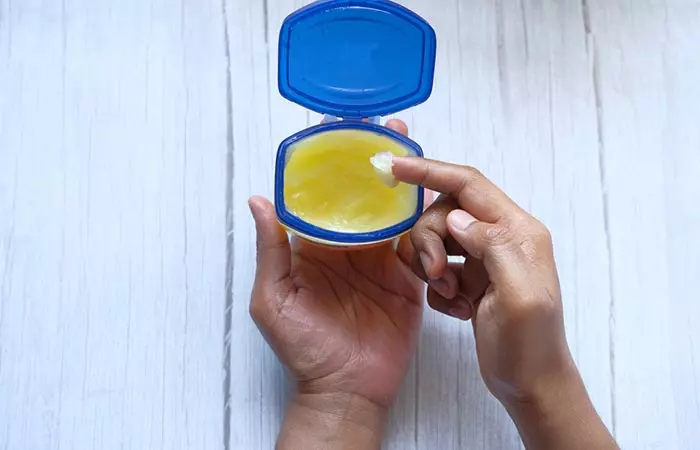
Dr. Shedlo suggests applying small amounts of petroleum jelly on your eyelid to retain moisture and help the skin heal and remain hydrated. “If the lids are red and irritated, cold compresses will also help bring the inflammation down,” he says. You can make a cold compress by wrapping an ice pack in a towel and applying it to your eyelids for about 10 minutes two or three times per day.
“If the lid skin is split or cracked, a very small amount of zinc oxide as in Desitin cream or ointment will help heal the fissure. Make sure to keep it on the eyelid only and to avoid getting into your eyes,” he adds.
You can also manage your eyelid dryness with minor lifestyle changes like:
- Avoid using hot water to wash your face.
- Wash or clean your face with fragrance-free and mild soaps or cleansers.
- Clean your eyelids with safe cleansers.
- Apply moisturizer daily.
- Avoid touching your eyes and eyelids unnecessarily.
- Stop rubbing your eyes.
- Keep your hands clean.
- Use a humidifier to add moisture to your environment.
- Avoid contact with substances that irritate your eyelids.
- Wear protective eyewear to prevent harmful particles from coming in contact with your eyelids and eyes.
- Drink plenty of water throughout the day.
- Have a balanced diet rich in omega-3 fatty acids.
- Take regular breaks from screens, especially during extended periods of use.
- Aim for 7-9 hours of quality sleep each night.
Rachel, a blogger, recalls dealing with dry eyes for a long time and talks about how she dealt with the condition. She shares that a flash of lightning scratched her cornea and became the underlying cause of dry eyes. She gives an entire walkthrough of all the remedies and products she used, such as a humidifier, eye drops, less screen time pattern, hot/cold compress, and more. She adds, “Eyelid hygiene is usually recommended. I don’t worry much about this, because I wash my face every night with gentle soap and do a pretty thorough massage of my eyelids to make sure I get all my mascara off (i).”
 Quick Tip
Quick TipIf none of these work and you still find it difficult to manage the condition, you may need to consult a doctor. Some conditions require medical attention. Scroll down to learn when it is recommended to see a doctor for dry eyelids.
When To See A Doctor

You should consult a doctor if the remedies and over-the-counter medications show no results. If you suspect your eyelid dryness is due to dermatitis, consult a doctor to identify its cause and plan the treatment accordingly. You can also seek medical attention if your dry eyelids are itching and affecting your sleep.
Dr. Shedlo says, “If left untreated, dry eyelids may become chronic and lead to other complications such as infection and scarring. It’s important to seek medical help if your symptoms don’t improve in a few days.” Your doctor may have to conduct a physical examination to diagnose the condition.
Infographic: Simple Tips To Treat Dry Eyelids
Various factors like stress, aging, and atopic dermatitis can contribute to dry eyelids. But, if you are stuck and don’t know what to do, don’t despair. You have come to the right place. To help you out, we have listed some simple and efficient ways to get rid of dry eyelids at home. Check out the infographic below for more information.
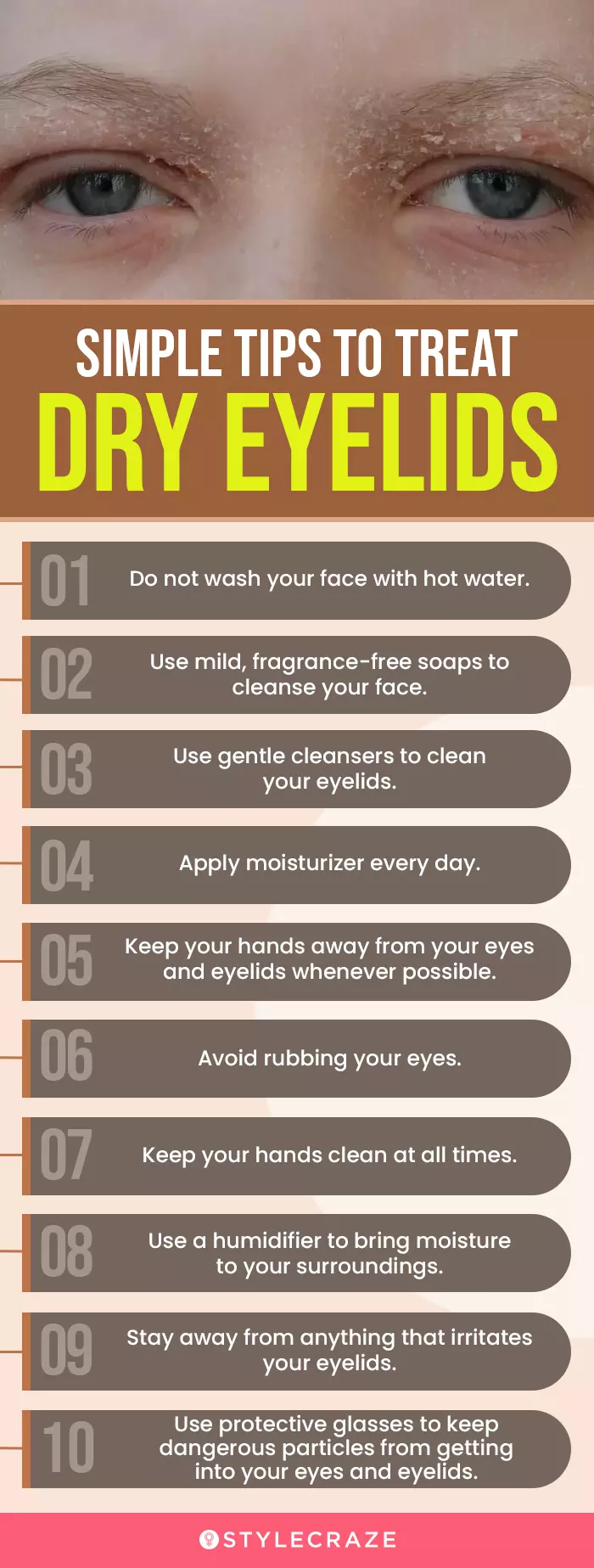
Illustration: StyleCraze Design Team
Dry eyelids can be caused by aging skin as well as other skin conditions, like contact dermatitis. You experience flaky and rough skin on your eyelids when they are dry. But these symptoms vary depending on the cause of the condition. There are many over-the-counter treatments available to manage this condition, but you can also explore home remedies for dry skin on the face to provide overall relief. Identifying the triggers will also help prevent it. You can also get rid of dry eyelids with minor lifestyle changes. However, if your symptoms do not subside even after trying out these treatments, consult a doctor immediately.
Frequently Asked Questions
What preventive measures can I take against dry eyelids?
It is essential to prioritize good eyelid hygiene. Gently cleanse your eyelids daily with a mild cleanser to remove any buildup or irritants. Be mindful of allergens and irritants in your environment, such as dust, pollen, smoke, or harsh chemicals, and take steps to minimize your exposure. You can incorporate moisturizing products specifically designed for the delicate eyelid area into your skincare routine. If you are struggling with persistent dry eyes, consulting with a dermatologist can provide personalized advice and treatment recommendations.
Can I put Vaseline on my eyelids for dryness?
Yes, you can apply a thin layer of Vaseline on your eyelids to help moisturize dry skin. But avoid applying a thick layer as it may clog your pores.
Which oil is best for eyelids?
This entirely depends on your skin type and preference. A combination of a carrier oil (like coconut oil or olive oil) and essential oils (like rosemary oil or peppermint oil) may be the most effective.
What does eczema look like on eyelids?
Eczema appears as scales on the upper and lower eyelids. It may also be paired with swelling, pain, and itching.
Can you put hydrocortisone cream on eyelids?
0.5%-1% hydrocortisone creams are recommended for dry skin issues like eyelid eczema.
Is coconut oil good for eyelid eczema?
Yes, you can apply a little coconut oil to the eyelids to reduce drying as the oil has moisturizing properties. However, too much coconut oil may clog pores and worsen eczema.
Can retinol cause dry eyelids?
In some cases, retinol may cause excessive dryness and irritation, especially when applied to the delicate skin around the eyes, potentially leading to dry skin around eyes.
Discover the seven best ways to effectively cure dry eyes. From lifestyle adjustments to simple home remedies for dry eyes, find relief and restore comfort to your eyes. Click on the video to get started!
Personal Experience: Source
StyleCraze's articles are interwoven with authentic personal narratives that provide depth and resonance to our content. Below are the sources of the personal accounts referenced in this article.
i. Dry eyes battlehttps://heart-of-light.blogspot.com/2014/09/dry-eyes-battle.html?m=1
References
Articles on StyleCraze are backed by verified information from peer-reviewed and academic research papers, reputed organizations, research institutions, and medical associations to ensure accuracy and relevance. Read our editorial policy to learn more.
- Fighting Against Skin Aging
https://www.ncbi.nlm.nih.gov/labs/pmc/articles/PMC6047276/ - Contact Dermatitis
https://www.ncbi.nlm.nih.gov/books/NBK459230/ - Atopic Dermatitis
https://www.ncbi.nlm.nih.gov/books/NBK448071/ - Blepharitis
https://pubmed.ncbi.nlm.nih.gov/20590417/ - Blepharitis
https://www.ncbi.nlm.nih.gov/books/NBK459305/
Read full bio of Dr. CP Thajudheen
Read full bio of Swathi E
Read full bio of Anjali Sayee
Read full bio of Monomita Chakraborty







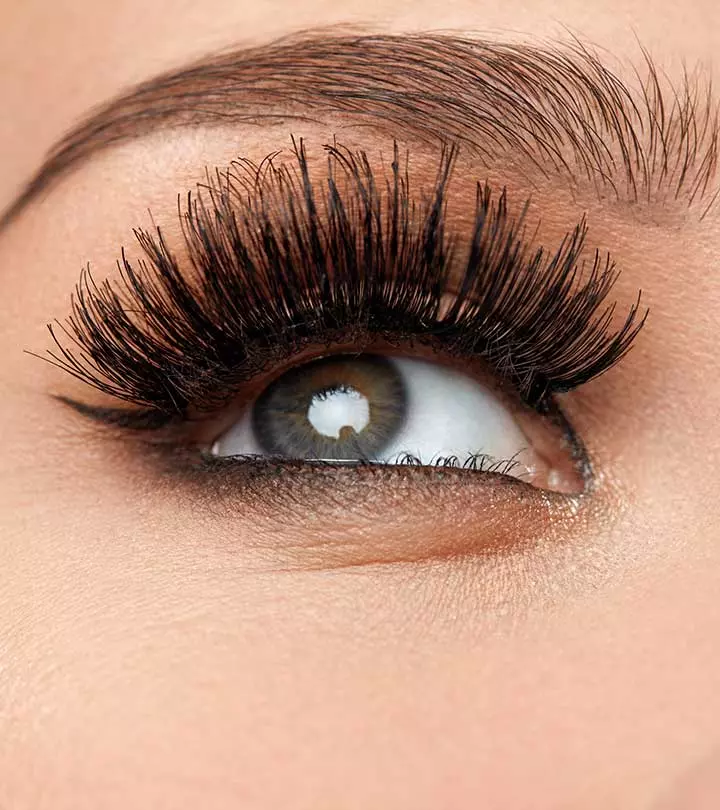
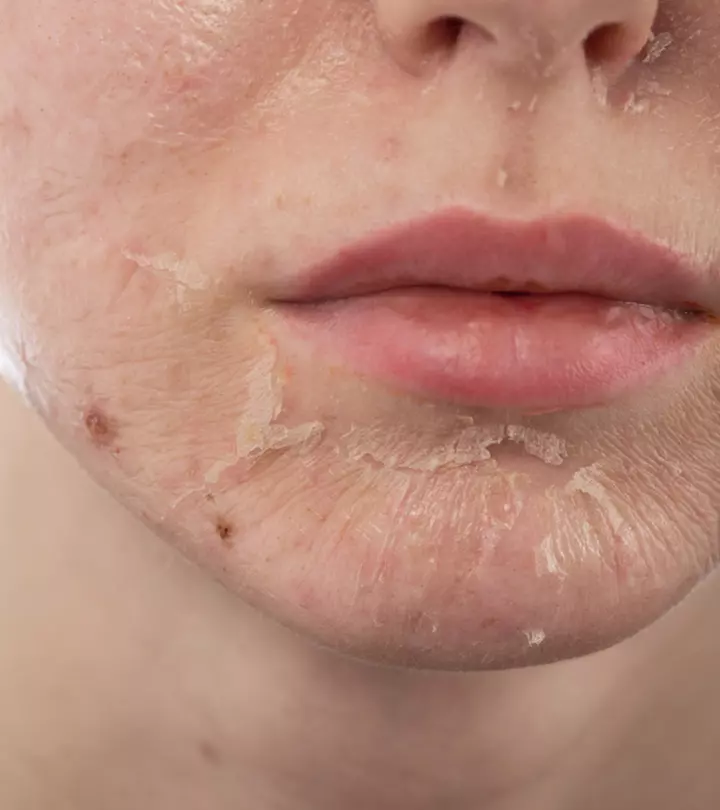
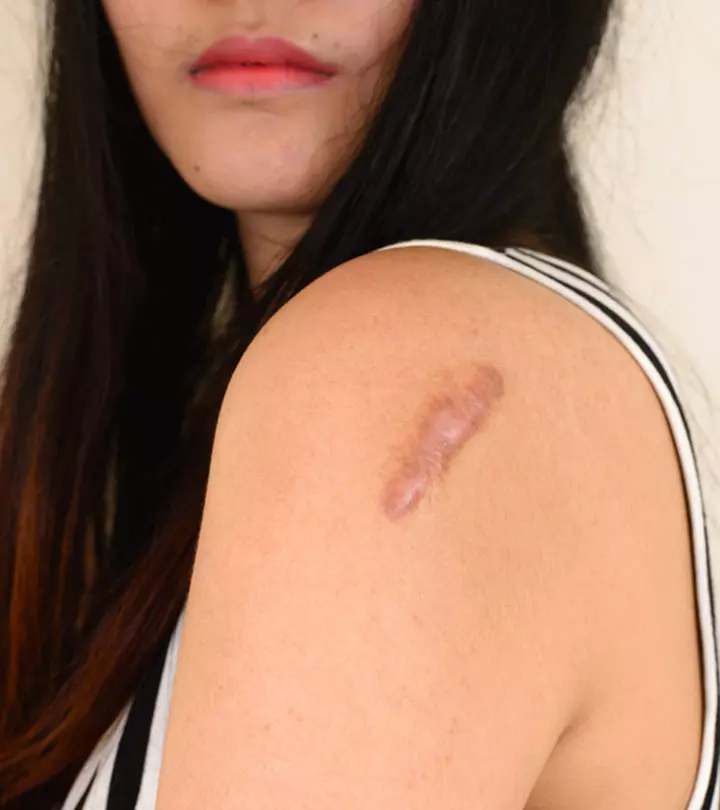
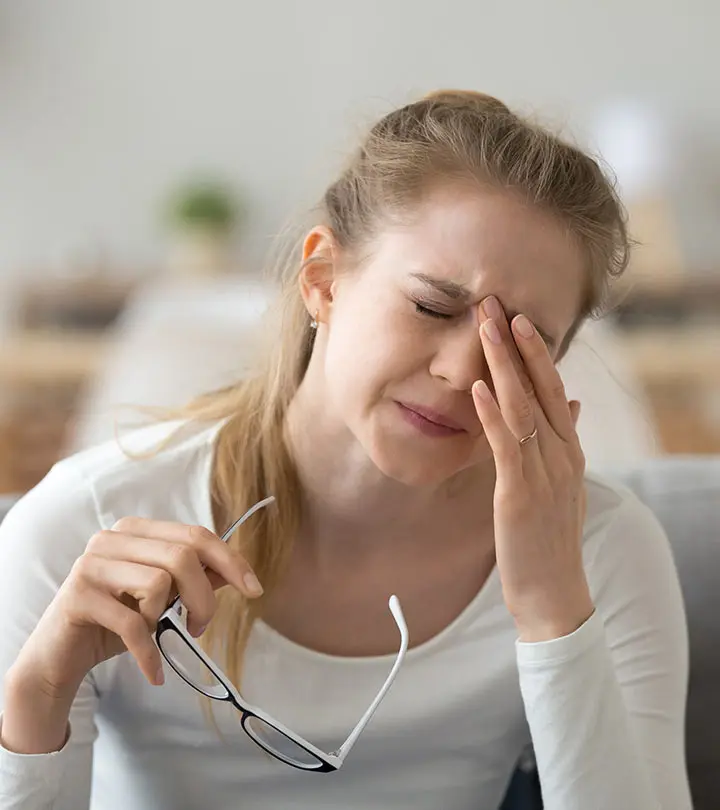
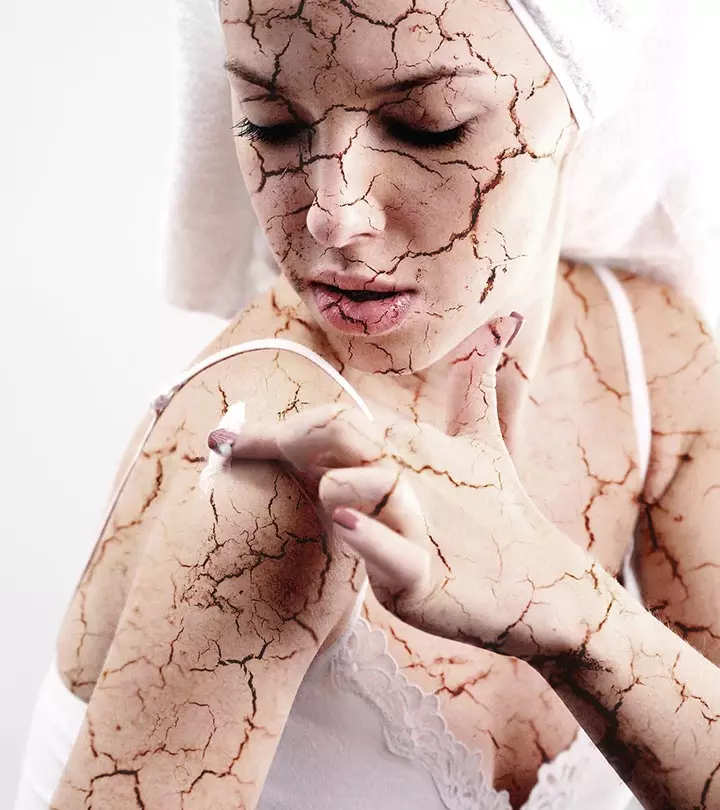
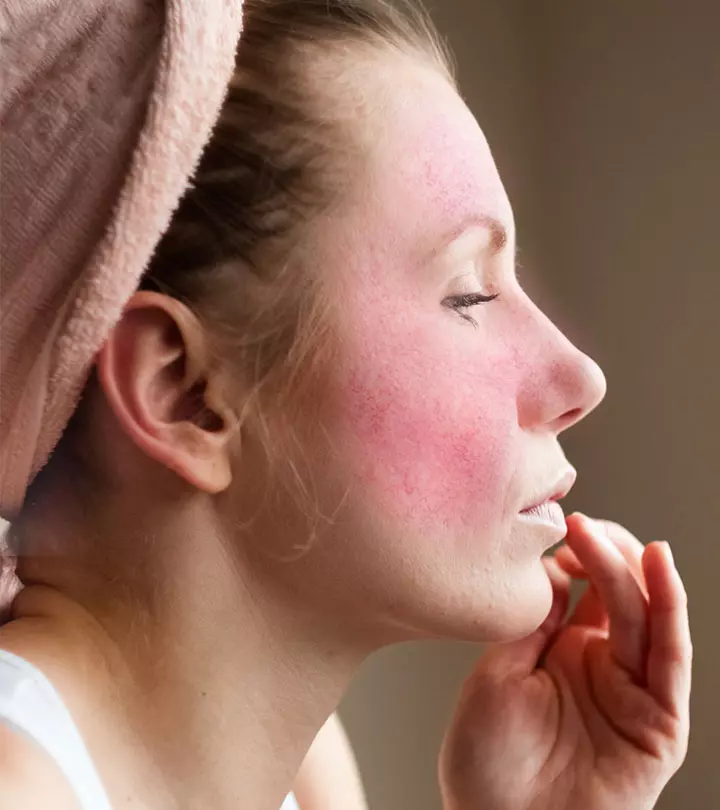

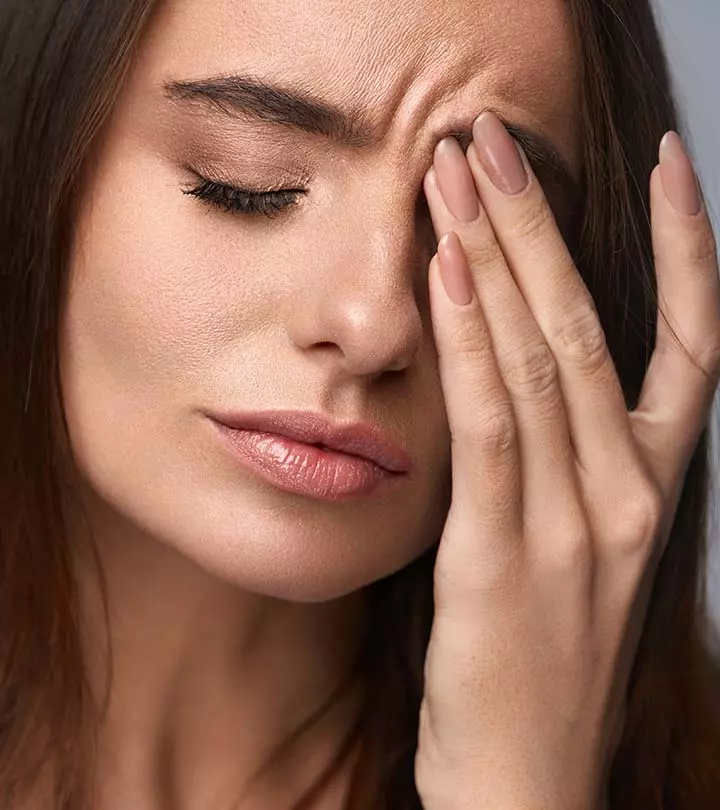
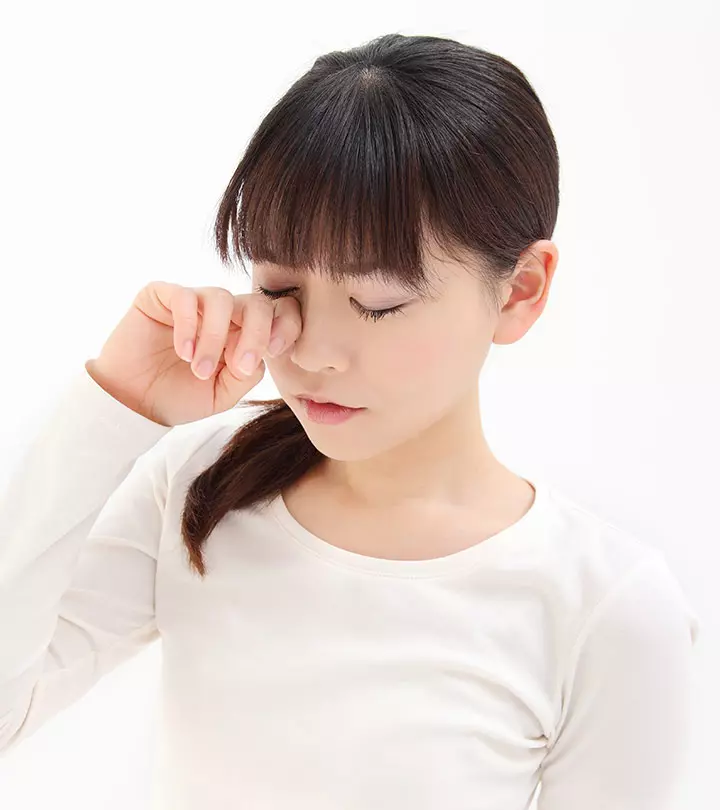
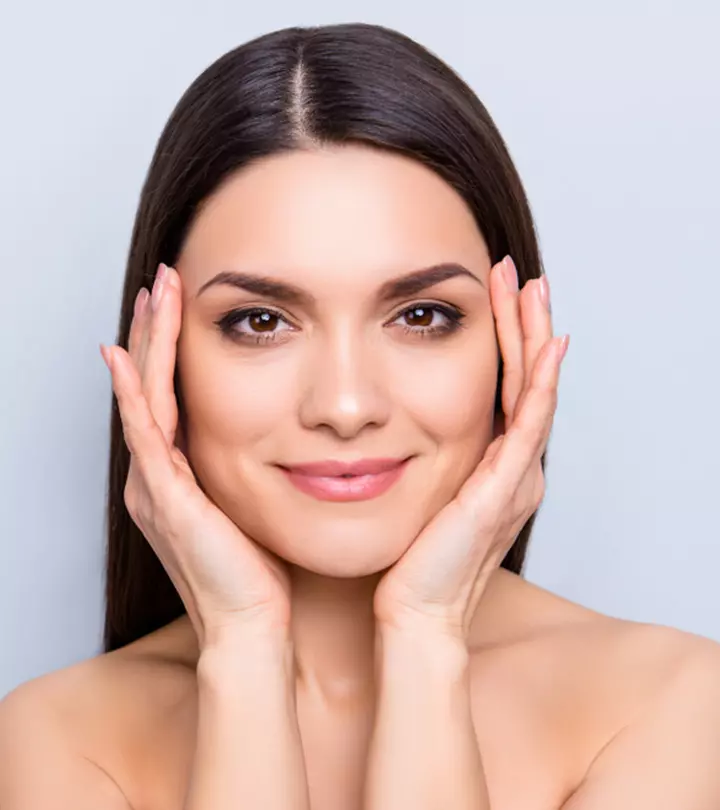
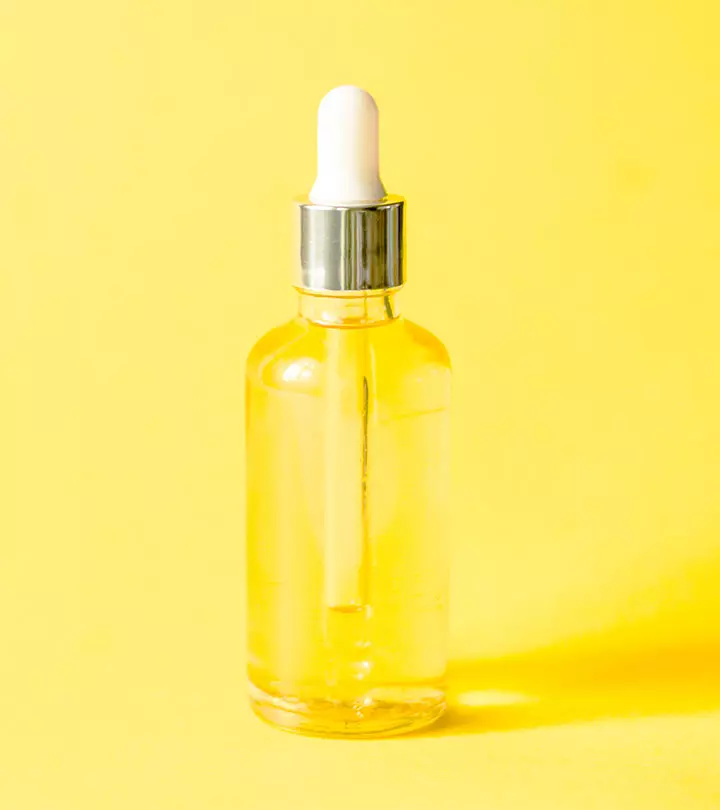
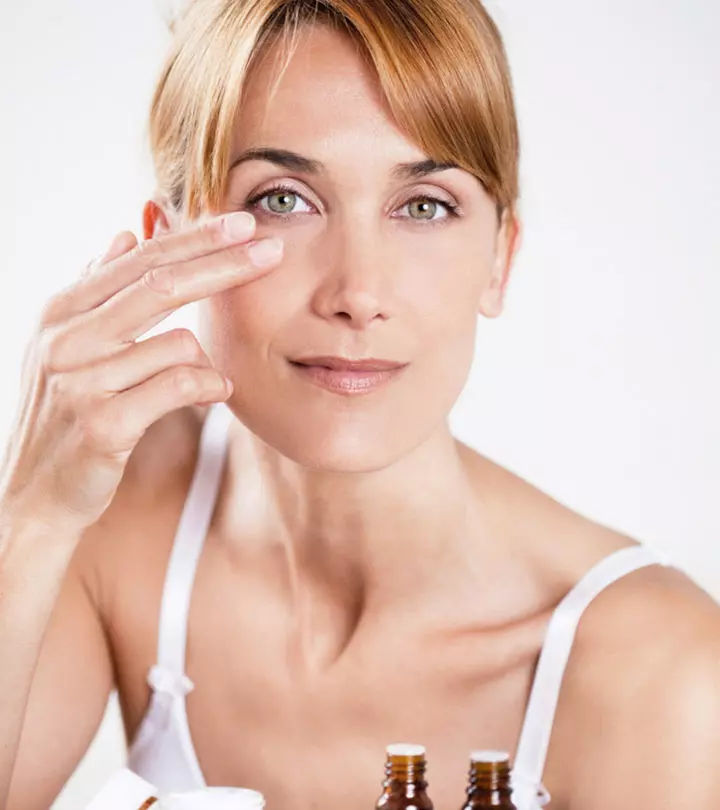
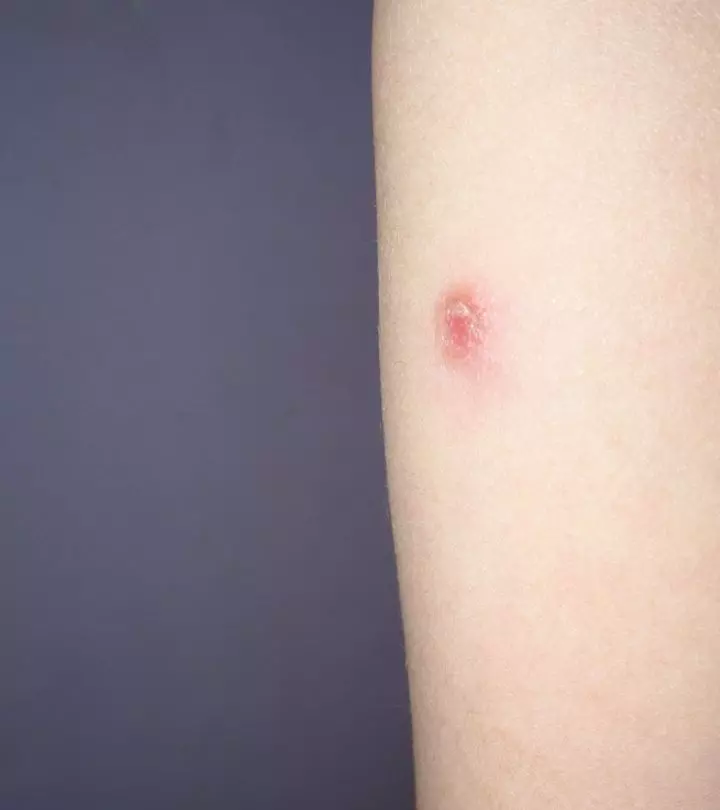
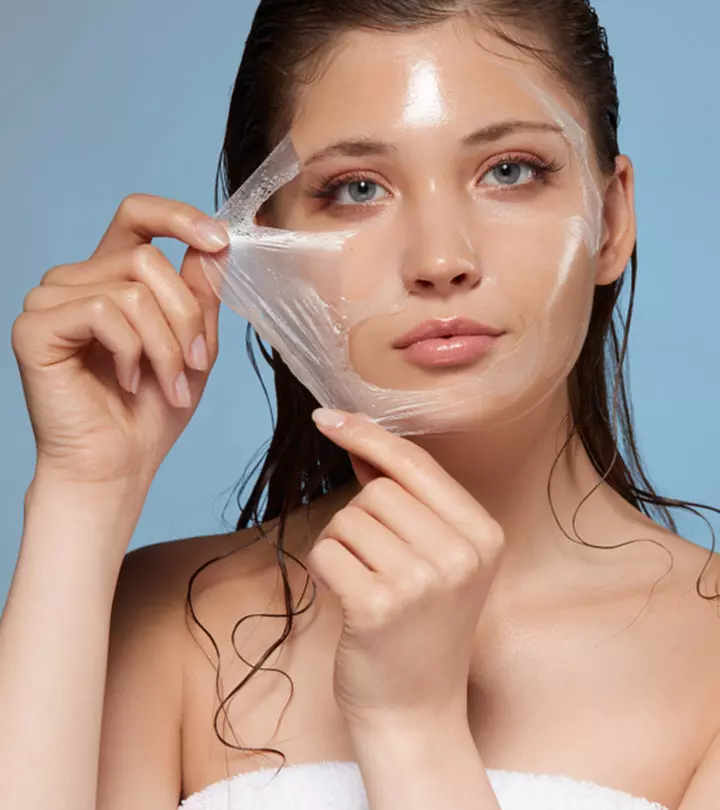
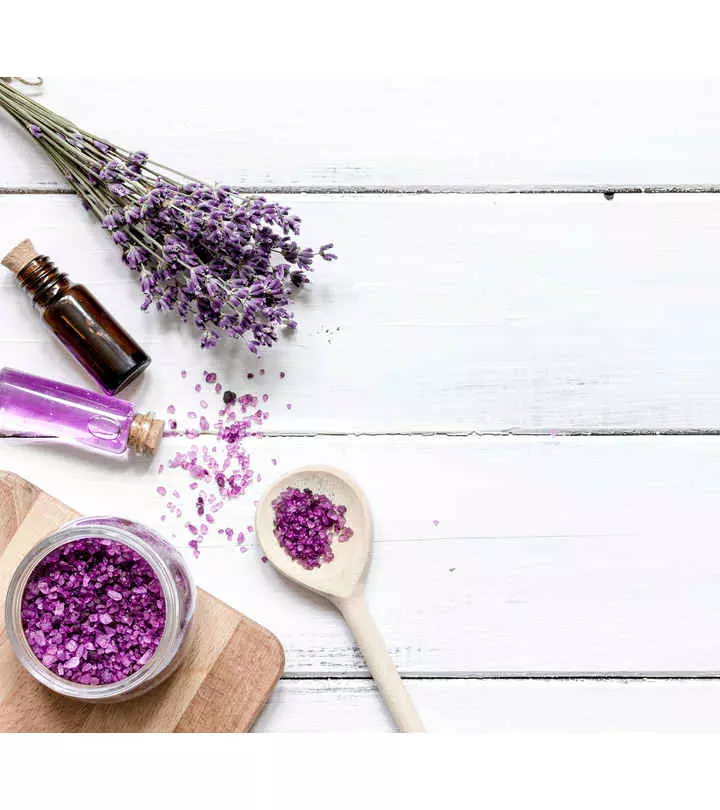
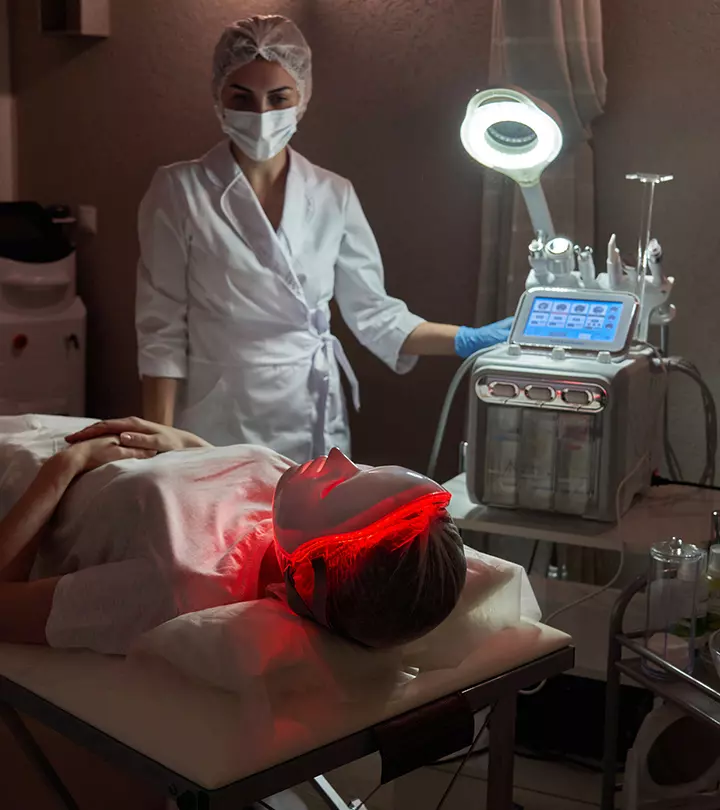

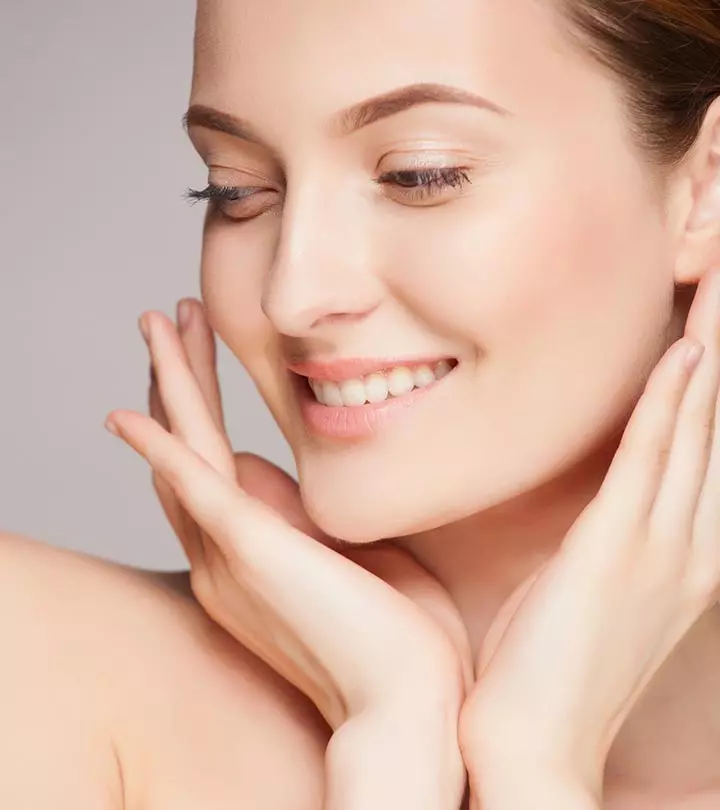
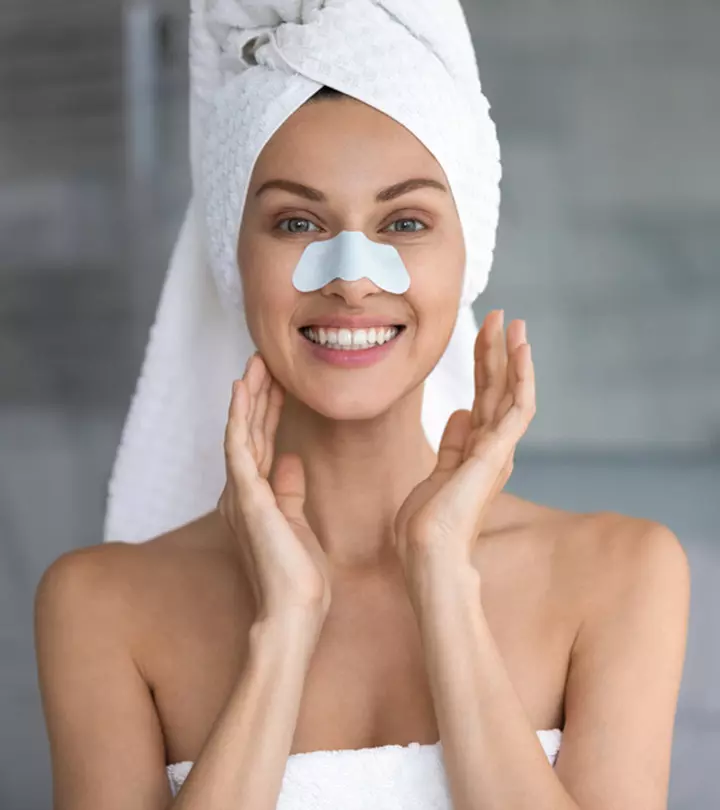
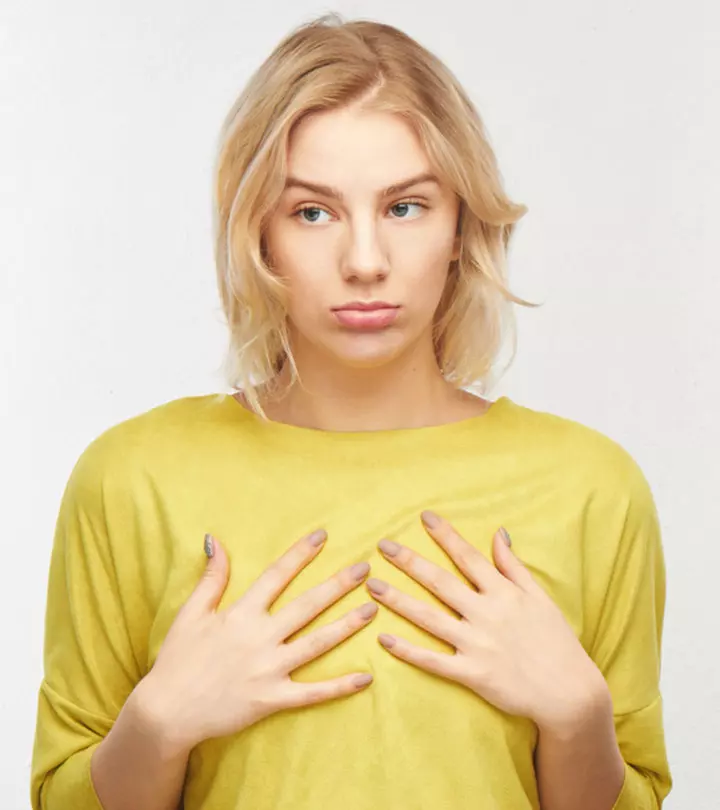
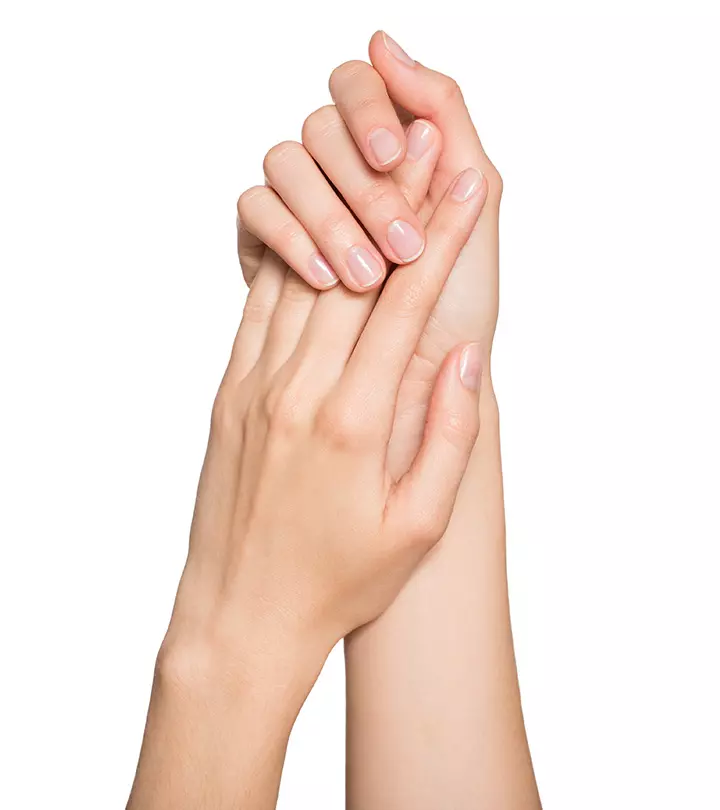
Community Experiences
Join the conversation and become a part of our empowering community! Share your stories, experiences, and insights to connect with other beauty, lifestyle, and health enthusiasts.